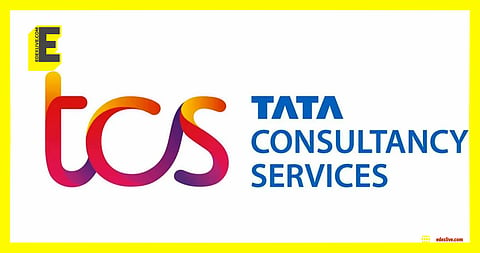

Tata Consultancy Services (TCS) is under intense scrutiny again after its revamped benching policy — active since June 12 — has left many employees concerned about their job security and career trajectory.
The company’s updated guidelines limit non-billable time to 35 days per year, after which employees risk consequences ranging from missed opportunities to outright termination, as reported by The Times of India.
Reddit threads have emerged as a sounding board for affected staff, with users alleging forced project placements outside their skill sets, mismatched client interviews, and pressure to accept roles in inconvenient locations.
One new recruit, trained in Java, shared that he was being pushed into a support project far removed from his expertise. Another Reddit user ominously warned, “Brace for layoffs.” While these claims remain unverified, they have sparked widespread concern.
TCS Chief Executive and Managing Director K Krithivasan told The Times of India that the shift is meant to streamline an existing process, one that expects associates to take charge of their own placements.
He emphasised that projects are assigned based on skill alignment and client needs, not personal preferences. Yet, questions remain unanswered, including those about salaries being withheld during extended bench time.
External organisations have also stepped in. Workers’ rights body Nascent Information Technology Employees Senate (NITES) approached Union Labour Minister Mansukh Mandaviya, describing the new policy as “exploitative” and mentally taxing.
Their letter alleged that experience certificates are being withheld from benched employees unable to secure new assignments. Some voices within the company, however, support the move, citing long-standing issues of underutilised staff declining work while drawing salaries.
Analysts believe TCS’s move reflects larger industry trends. As artificial intelligence reshapes IT services, experts suggest firms will lean towards tighter performance-based policies and demand-led upskilling to stay competitive.
